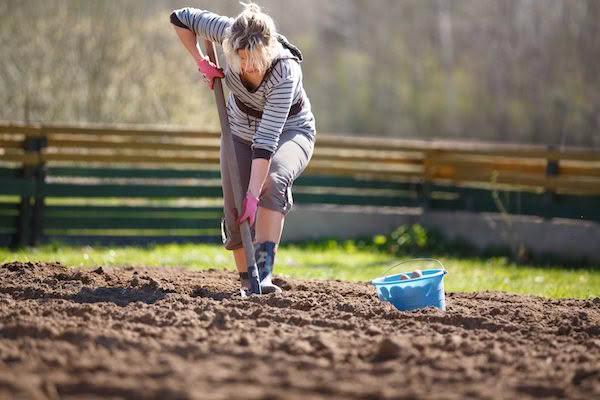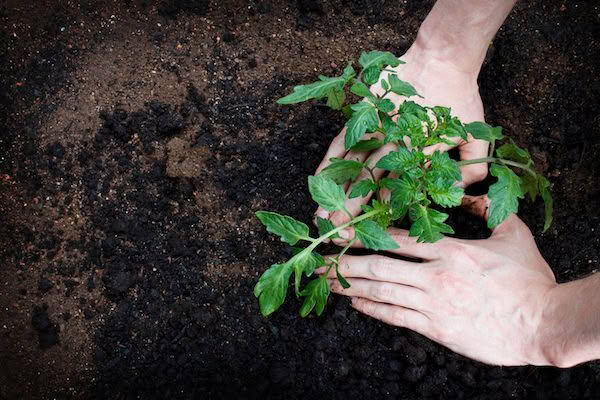5 common mistakes made by beginner organic gardeners

Making the switch to organic gardening can take some adjustment, but follow this cheat sheet to avoid common hurdles.
1. Not planning the gardening before planting
Good planning is not only working out your production requirements or how much space you have. It means simple things, like planting sweet corn on the sunniest southern side of your vege patch, where it will get plenty of sunlight but won’t shade other plants, or putting up wind protection for plants that need it.
2. Planting too deep
Check seed packets for the best depth, and if using container-grown plants, keep the top of the soil around the plant level with the ground you’re planting into.
3. Using the wrong (inorganic) fertiliser
While it is very tempting to just sprinkle a few pretty crystals about your garden, inorganic fertilisers are usually made up of major nutrients only, tend to be high in salts (sending worms and soil micro-organisms packing) and will make plants go very lush and green, making them very attractive to munching bugs.

4. Too much of any fertiliser
Even too much of an organic fertiliser can be detrimental to your plants – as with inorganic products, it can lead to too much lush growth. It takes about 2-3cm of well-rotted compost to take a vegetable patch from spring to summer production.
And the most common mistake of all….
5. Watering all wrong
If you want to stress a plant, under-water it. Or over-water it. Getting it right means watering once a week, deeply, and then mulching well (although you may need to adjust this for your conditions). The mulch helps the water to slowly trickle down through the soil, giving the roots moisture without a loss in oxygen levels and also slowly rots down to provide extra organic matter. Don’t mulch too closely to root systems (leave at least a 5cm gap) and never deeper than about 7.5cm.
Love this story? Subscribe now!
 This article first appeared in NZ Lifestyle Block Magazine.
This article first appeared in NZ Lifestyle Block Magazine.
